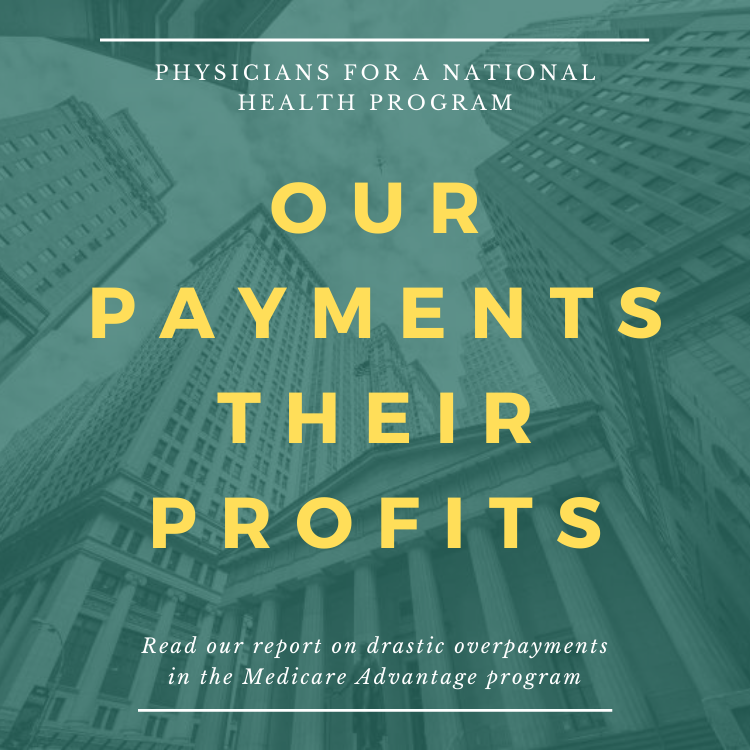By Adam Liptak
The New York Times, September 29, 2011
The 2010 health care overhaul law has provoked an unprecedented clash between the federal government and 26 states, dividing them on fundamental questions about the very structure of the federal system. But the two sides share a surprising amount of common ground, too, starting with their agreement in briefs, filed on Wednesday, that the Supreme Court should resolve the clash in its current term.
Their briefs also reflect agreement on matters of substance. The two sides, along with the judges in the majority in the appeals court decision most likely to be reviewed by the justices, all said the dispute is about means rather than ends. There are other ways, they said, for Congress to achieve near-universal health coverage, some of them more expansive than what was enacted.
“Both sides agree that Congress has the constitutional power to enact a national health care system that raised taxes to support a single government agency that pays all medical bills, just like Medicare,” said Walter Dellinger, who served as acting solicitor general in the administration of President Bill Clinton and supports the law.
Randy E. Barnett, a lawyer for some of the plaintiffs who on Wednesday sought Supreme Court review, made essentially the same point. “What I’ve said from Day 1,” he said, “is that if Medicare is constitutional then Medicare-for-everyone is constitutional.”
http://www.nytimes.com/2011/09/30/us/health-care-adversaries-have-common-ground.html
Comment:
By Don McCanne, MD
The Affordable Care Act represents the most expensive model of reform and yet falls short on universality and affordability, and now it is being challenged as a violation of the Constitution. Why are we defending it when the least expensive model that actually would accomplish our goals has been declared by all parties to be compliant with the Constitution?
Fast tracking the decision is great. Once the legal issues are dispensed with, we can look at the mess we have left, reject it, and move on to enacting an improved Medicare for all.
Additional comment from Merrill Goozner:
What’s interesting about rising insurance premiums is that they are way out of line with the rise in costs, which was only around 4% last year in nominal dollars, which in inflation-adjusted dollars would be just a 2% increase. Both Medicare total expenditures and insurance total expenditures rose (which, after adjusting for inflation was the same rate as economic growth; GDP rose 2.6% in 2010). It was one of the lowest increases in decades, as health care’s share of the economy did not increase for the first time in many years.
So why the hike in premiums. A Goldman Sachs analyst quoted in the WSJ story earlier this week attributed the outsized premium increases to insurance
companies padding their bottom lines.
I blogged on it here: http://gooznews.com/?p=3215
